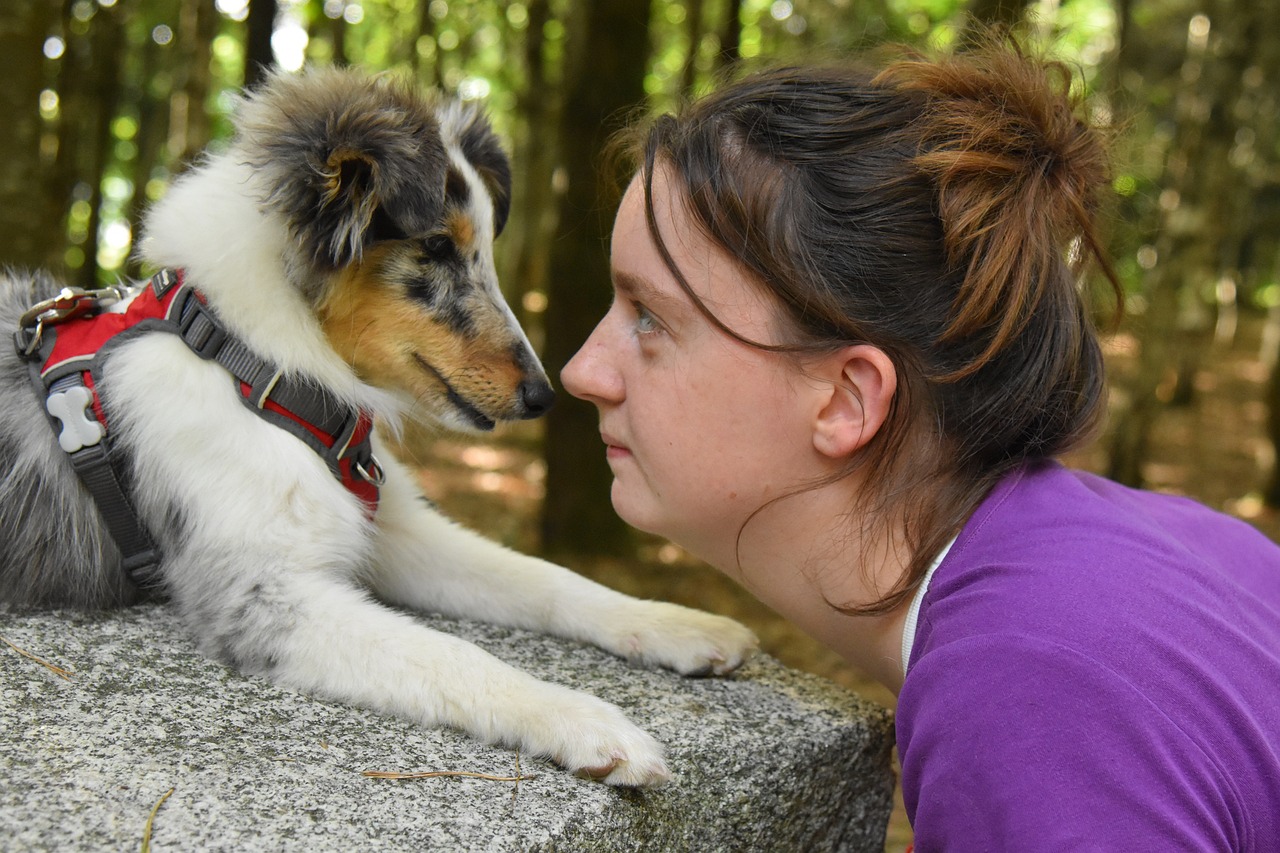 Shutterstock
Shutterstock
Many dog owners wonder how their pets choose their favorite humans, a mystery that blends psychology and canine behavior. Dogs can form bonds with people, and various factors influence whom they gravitate towards. From shared activities to emotional connections, the dynamics of a dog-human relationship can reveal a lot about why certain individuals become a dog’s favorite. Understanding these relationships can deepen the bond between humans and their furry companions, offering insights into what makes each connection unique and meaningful.
The Power of Smell
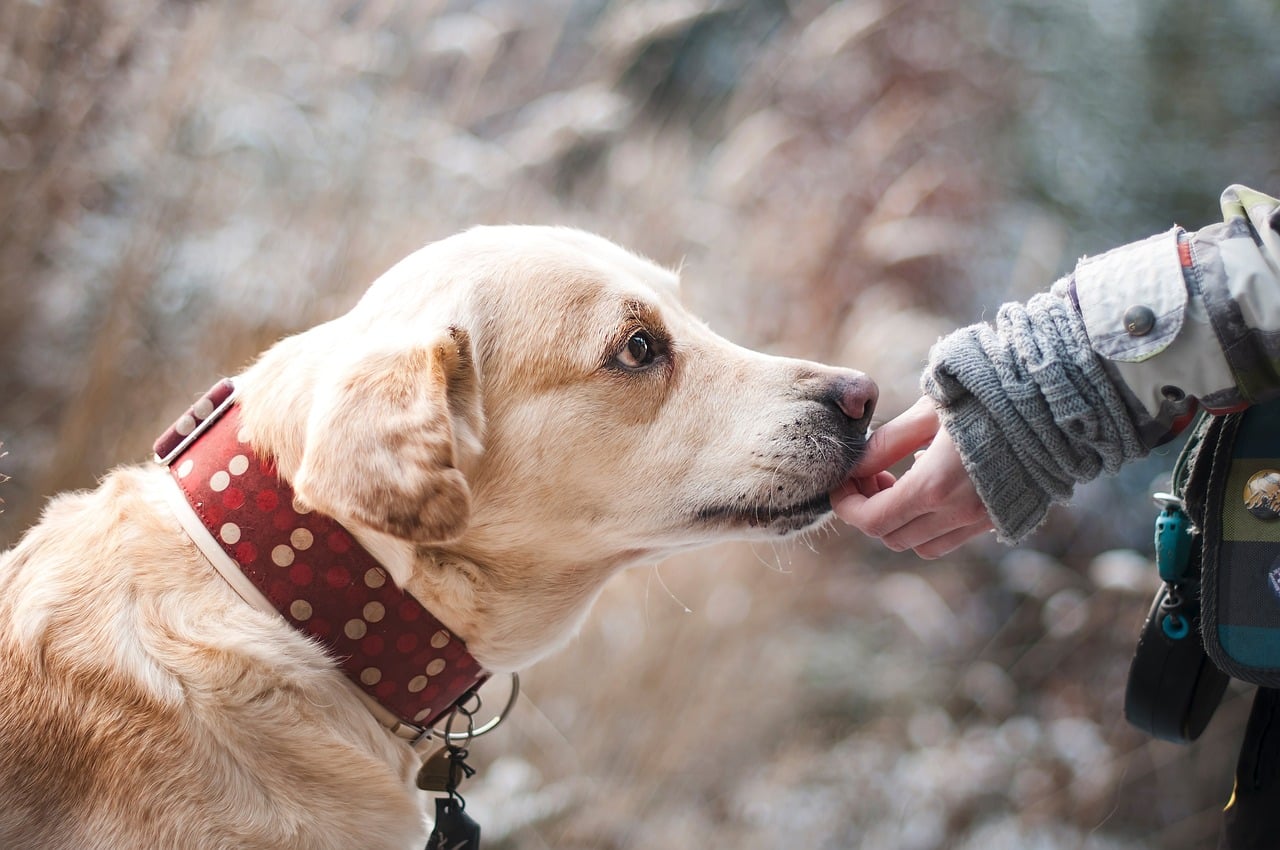 Shutterstock
Shutterstock
One of the most significant ways dogs choose their favorite humans is through their extraordinary sense of smell. Dogs have approximately 220 million scent receptors compared to a human’s 5 million, making their olfactory capabilities remarkable. They can pick up on various scents, including hormonal changes and individual scents associated with different people. When dogs sniff a person, they gather information about that individual, including their emotional state and health. If a dog finds someone’s scent comforting or appealing, they are more likely to form a bond with that person. This scent-driven selection process showcases how dogs use their acute senses to navigate social relationships.
Emotional Connections
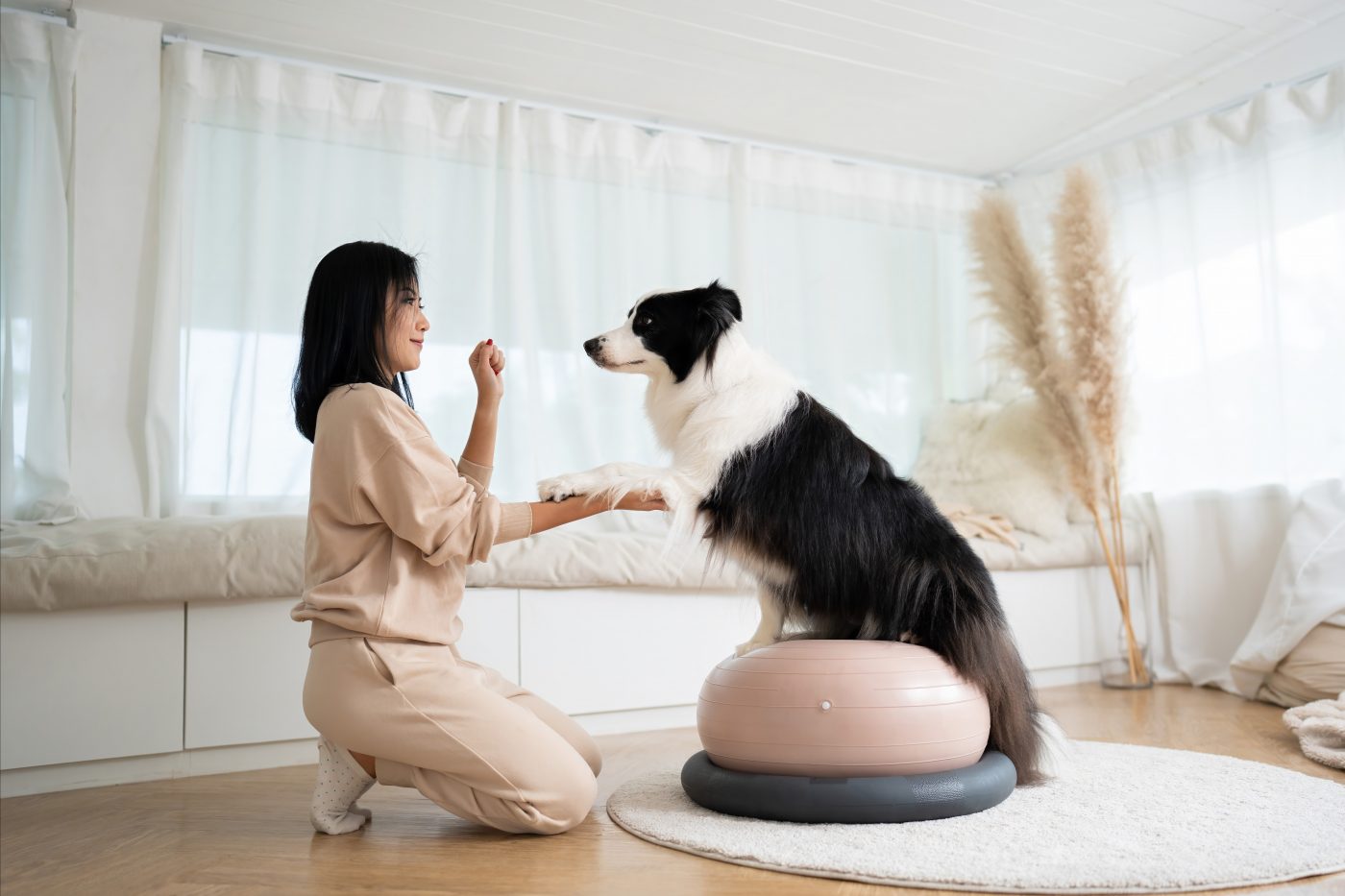 Shutterstock
Shutterstock
Dogs are highly sensitive to human emotions and can often sense when someone feels happy, sad, anxious, or relaxed. Those who provide positive reinforcement, such as treats, affection, or play, will likely be favored by dogs. When a dog feels comfortable and secure around a person, they are more inclined to develop a close relationship. This emotional connection is reinforced through shared experiences, such as playtime or training sessions, which contribute to the bond. The more a person understands and meets a dog’s emotional needs, the stronger the attachment will be.
Body Language and Non-Verbal Cues
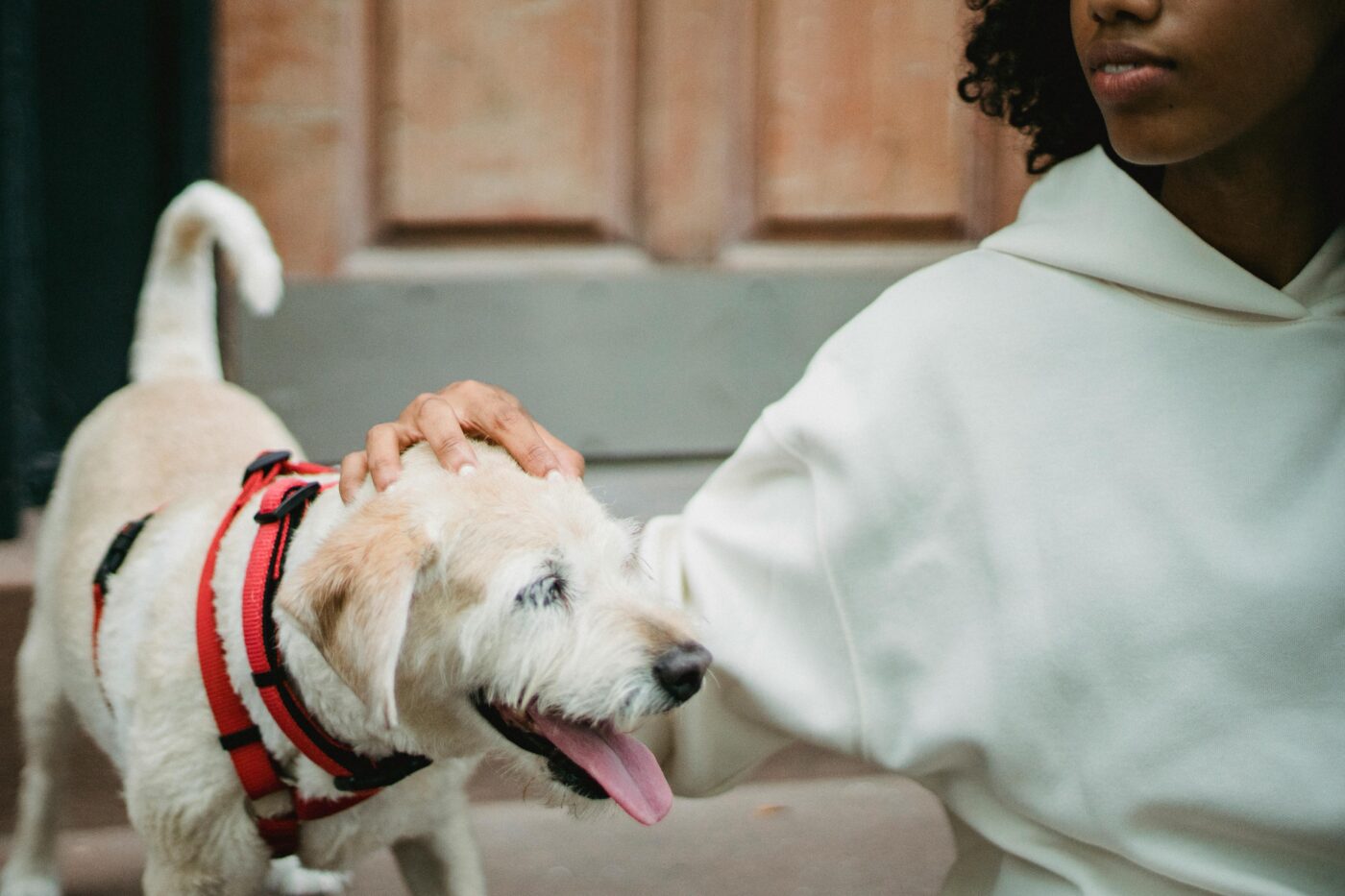 Shutterstock
Shutterstock
Canine body language plays a crucial role in how dogs perceive humans. Dogs are adept at reading human gestures, facial expressions, and posture. A person who displays open and inviting body language, such as bending down to greet a dog or maintaining a relaxed posture, is more likely to be accepted as a favorite. Conversely, a tense or fearful demeanor can be off-putting to a dog. By engaging with a dog in a manner that aligns with their own body language, humans can establish trust and affection, paving the way for a deeper bond.
Consistency and Routine
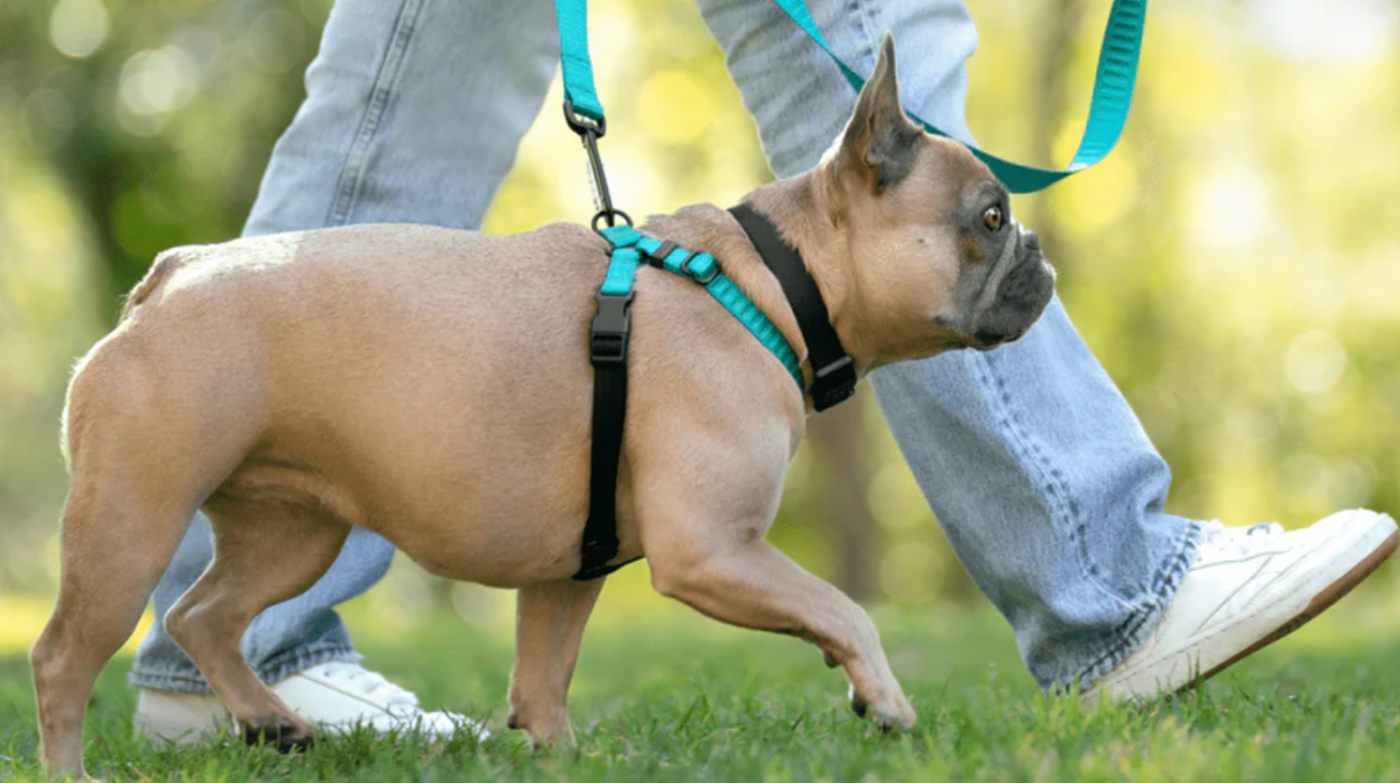 Shutterstock
Shutterstock
Dogs thrive on routine, and their favorite humans often play a consistent role in their daily lives. Whether it’s regular feeding times, walks, or play sessions, dogs appreciate stability and predictability. A human who reliably participates in these routines becomes an essential part of a dog’s life, reinforcing their bond. The more time spent together in a structured environment, the more likely a dog is to develop a favorite human. This consistency helps dogs feel secure and builds a strong foundation for their relationship.
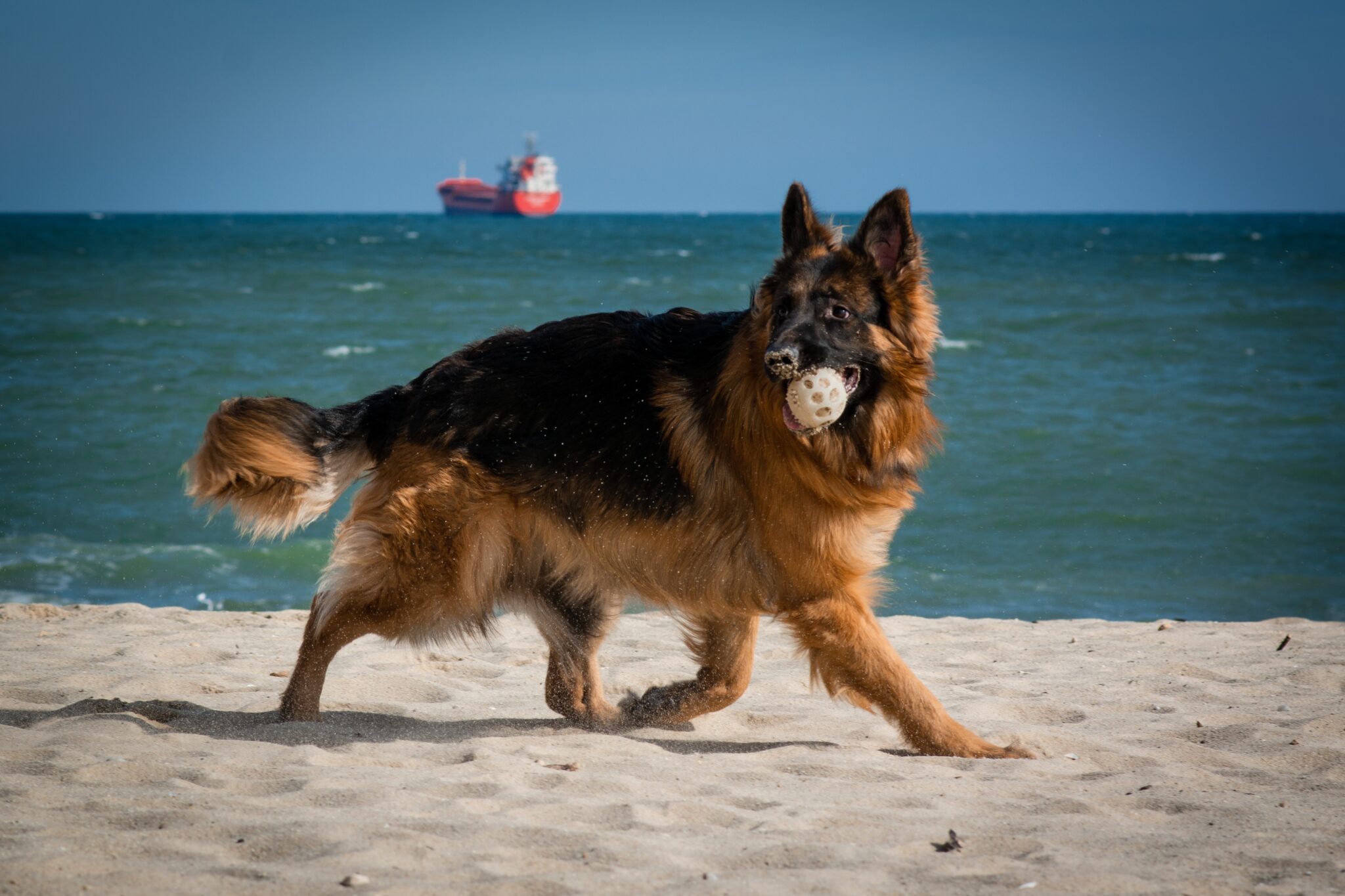 Shutterstock
Shutterstock
Engaging in shared activities can significantly influence a dog’s choice of favorite human. Whether it’s going for walks, playing fetch, or participating in dog sports, the quality time spent together fosters a deeper connection. Dogs are social animals that enjoy companionship, and those who actively participate in play or training will often be viewed as more favorable. The joy and excitement experienced during these shared activities create positive associations, leading to a stronger bond between the dog and their human companion.
Familiarity and Trust
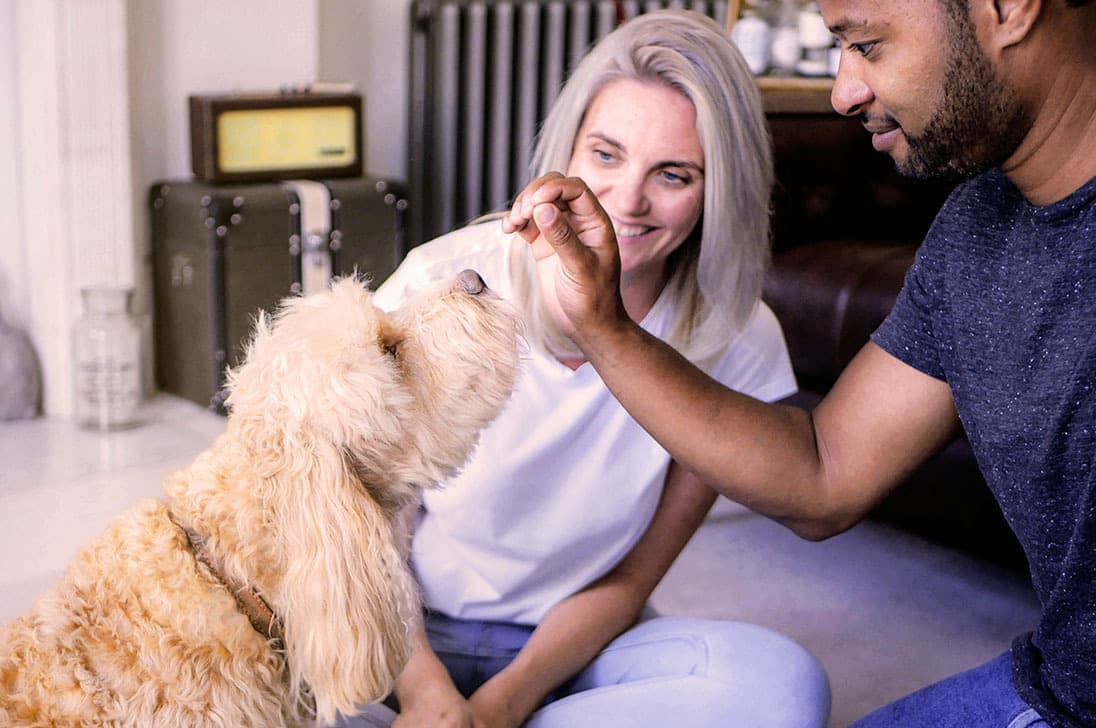 Shutterstock
Shutterstock
Trust is a vital component in the dog-human relationship, and dogs often gravitate toward those they are most familiar with. New experiences or unfamiliar people can make a dog feel anxious or insecure. In contrast, a human who consistently provides love, care, and understanding becomes a trusted figure in a dog’s life. The process of building trust takes time, and dogs may favor humans who have proven their reliability and stability. This sense of security allows dogs to relax and fully express their affection.
Physical Touch and Affection
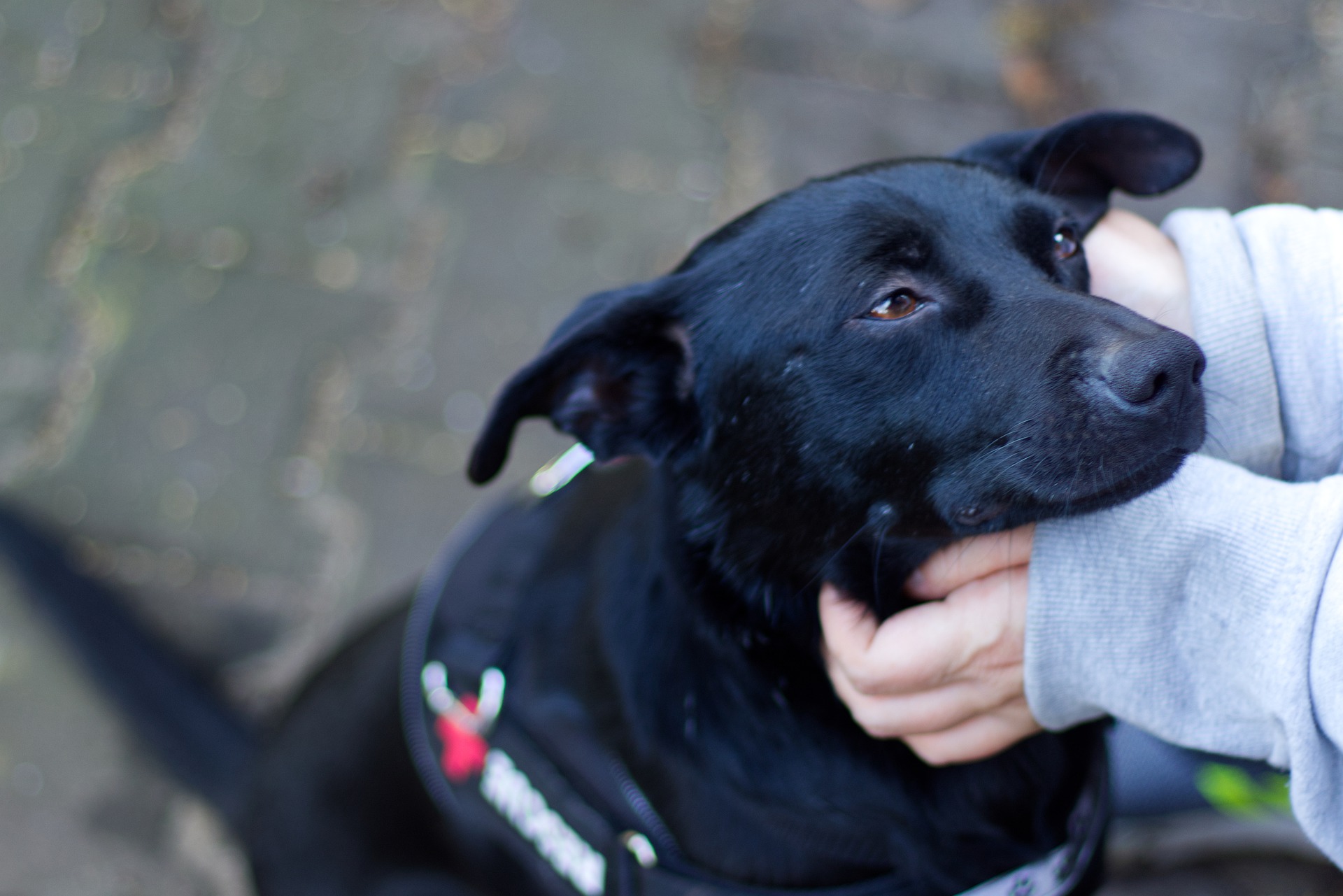 Shutterstock
Shutterstock
Physical touch is essential in establishing a bond between dogs and their favorite humans. Dogs thrive on affection, whether through petting, cuddling, or playful roughhousing. The release of oxytocin, the “bonding hormone,” occurs in both dogs and humans during physical interactions, reinforcing the emotional connection. A person who engages in affectionate behaviors is likely to be perceived as a favorite, as this interaction creates feelings of safety and happiness. Understanding a dog’s preferences for touch can enhance the bond and encourage the development of a strong relationship.
Socialization and Exposure
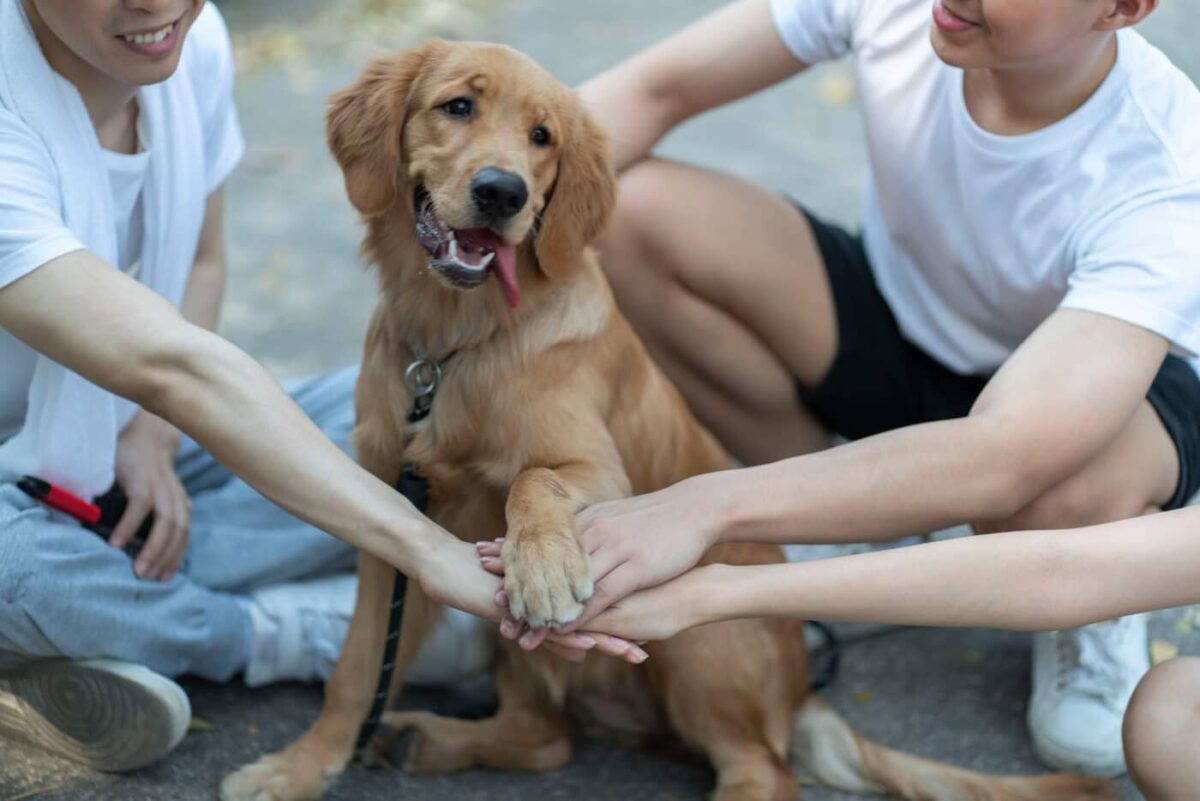 Shutterstock
Shutterstock
A dog’s socialization experiences can also impact their choice of favorite human. Dogs that are well-socialized and exposed to various people, environments, and situations are likelier to develop strong bonds with their human companions. Positive interactions with multiple individuals help dogs learn to navigate relationships, and those who consistently provide love and attention in these settings are likely to become favorites. The confidence gained through socialization allows dogs to feel comfortable and secure in their interactions, fostering stronger bonds.
Scent Marking and Territory
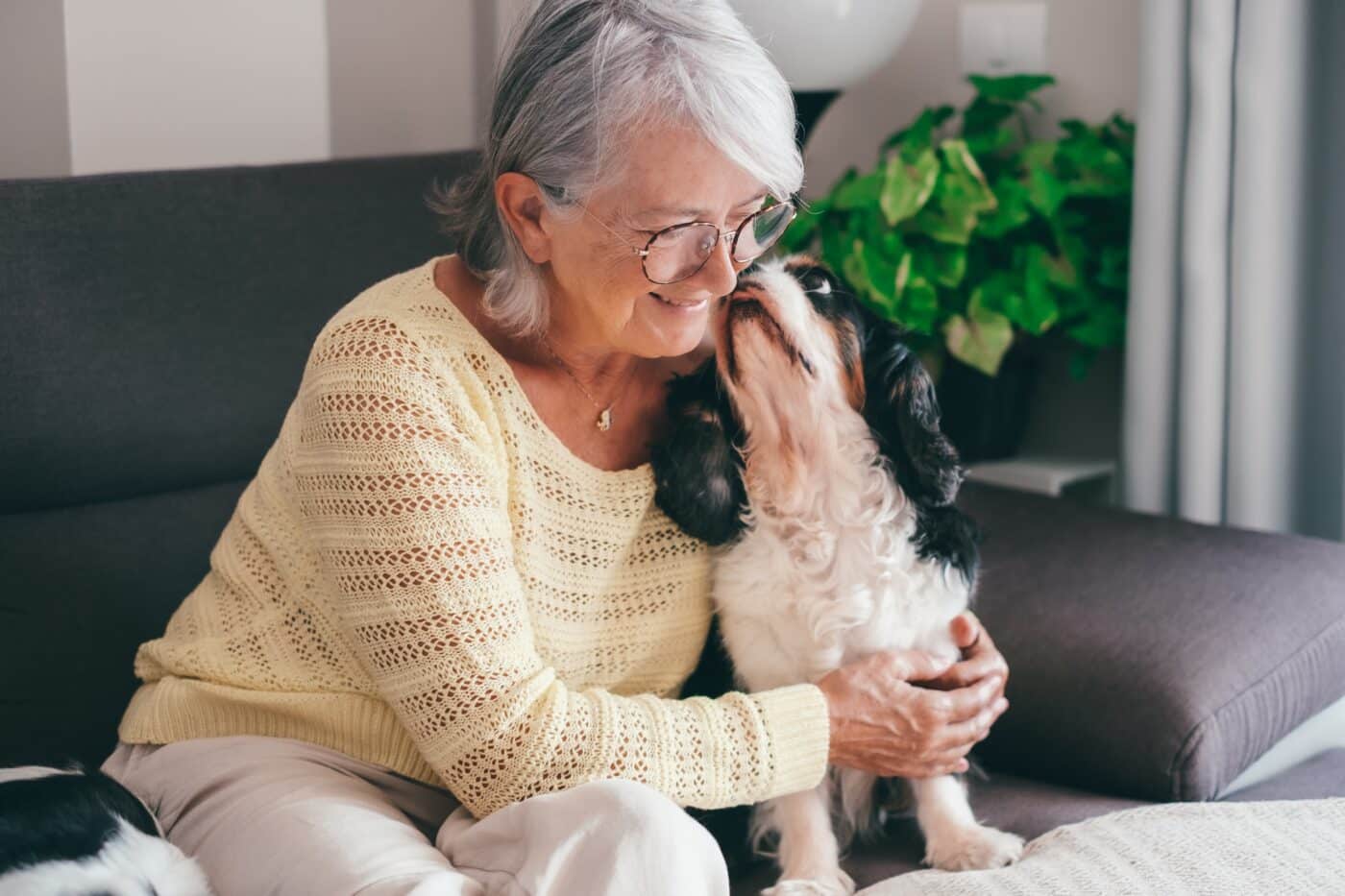 Shutterstock
Shutterstock
Dogs have a natural instinct to mark their territory, and their favorite humans often become part of it. Through scent marking, such as rubbing against a person or resting on them, dogs express their affection and claim a bond. This behavior demonstrates ownership and comfort, reinforcing the special connection. When a dog feels that a human is part of their territory, they are more likely to develop a favorite relationship, viewing that person as an integral part of their life.
Sensitivity to Human Tone
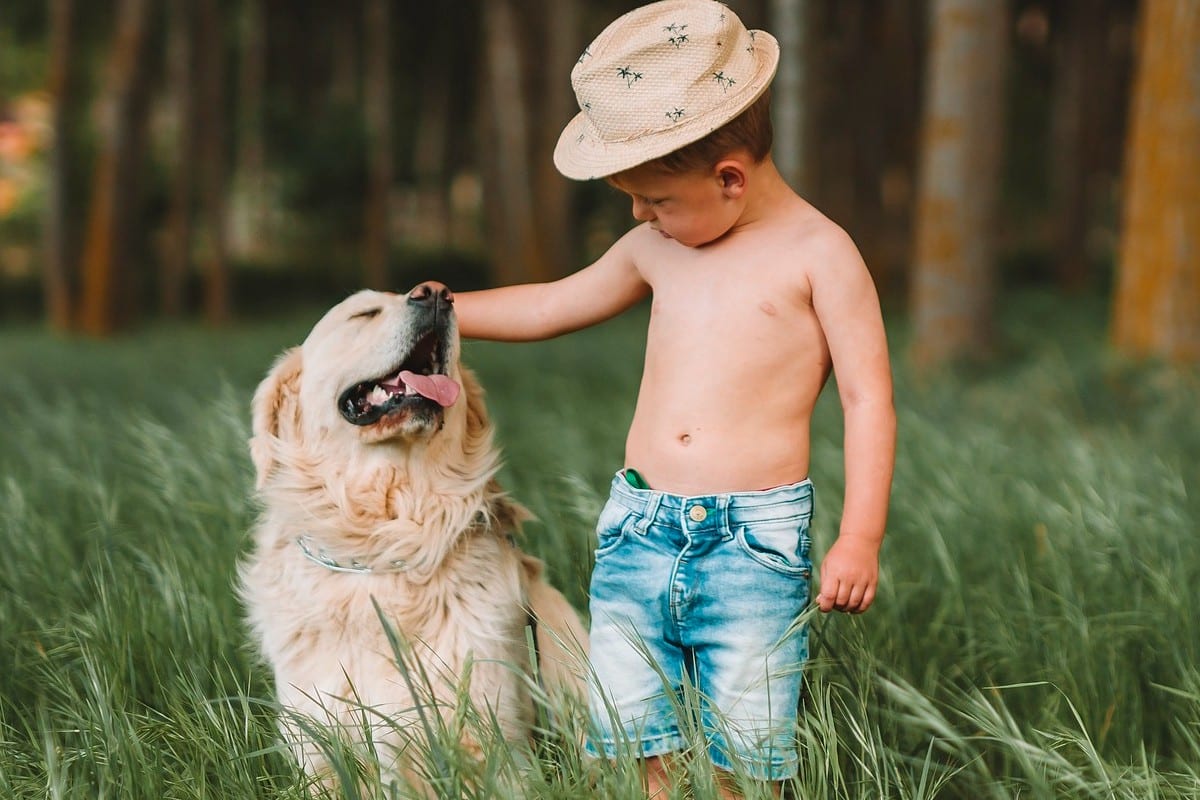 Shutterstock
Shutterstock
Dogs are particularly sensitive to the tone of voice used by their humans. A gentle, high-pitched, or soothing tone can signal affection and safety, while a loud or harsh tone may be intimidating. Dogs are more inclined to bond with those who speak to them in a positive manner, reinforcing feelings of happiness and security. This sensitivity to tone helps dogs navigate their relationships, and those who consistently use friendly tones are likely to become their favorites.
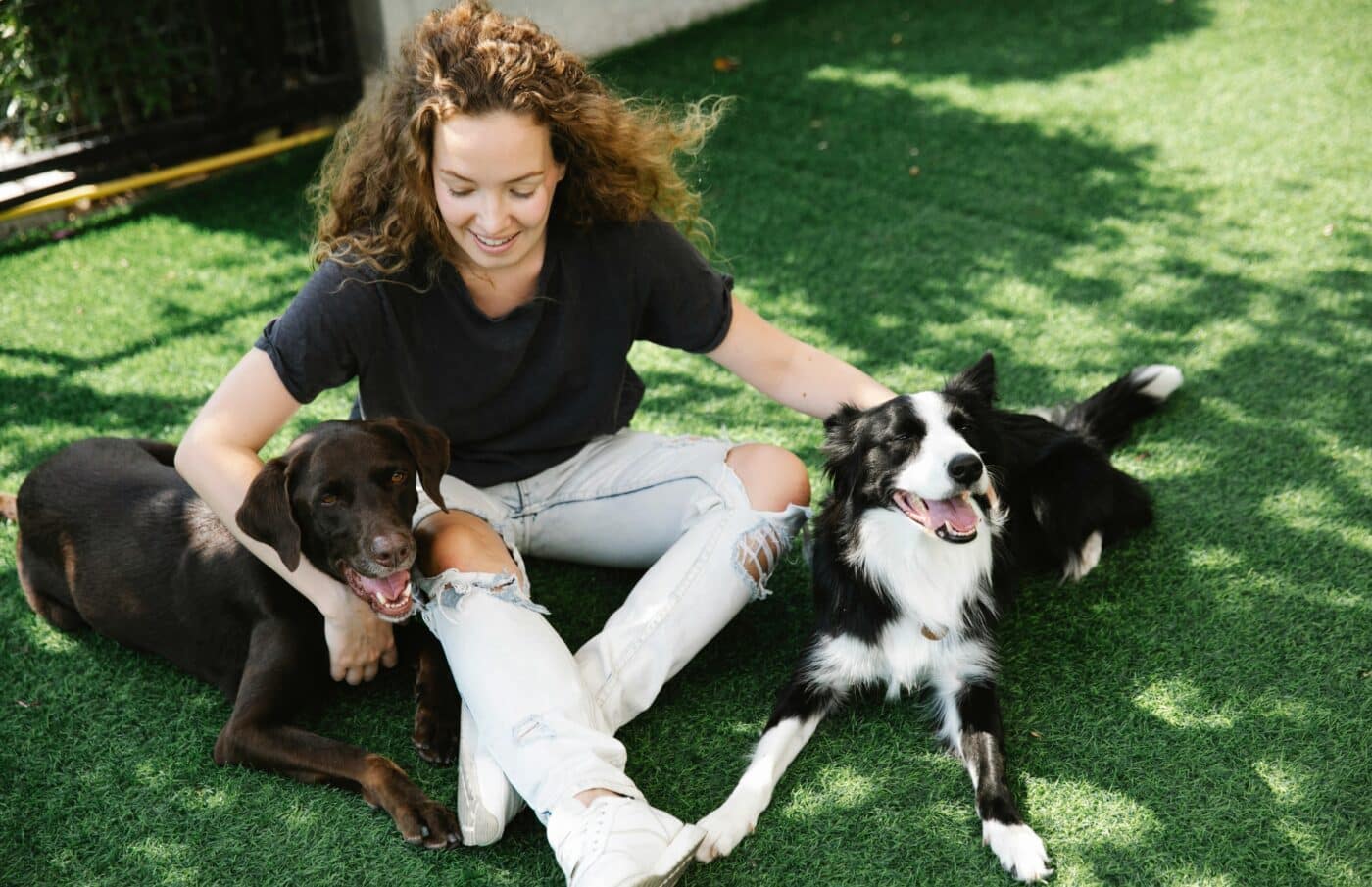 Shutterstock
Shutterstock
Life events can significantly impact a dog’s choice of favorite human. Experiences such as moving to a new home, welcoming a new family member, or dealing with loss can influence how dogs perceive their human companions. Dogs that have undergone significant changes often seek comfort in those who have provided stability and support during challenging times. These shared experiences deepen the emotional connection and can result in a dog favoring a specific human who has been there for them during pivotal moments.
The Role of Training
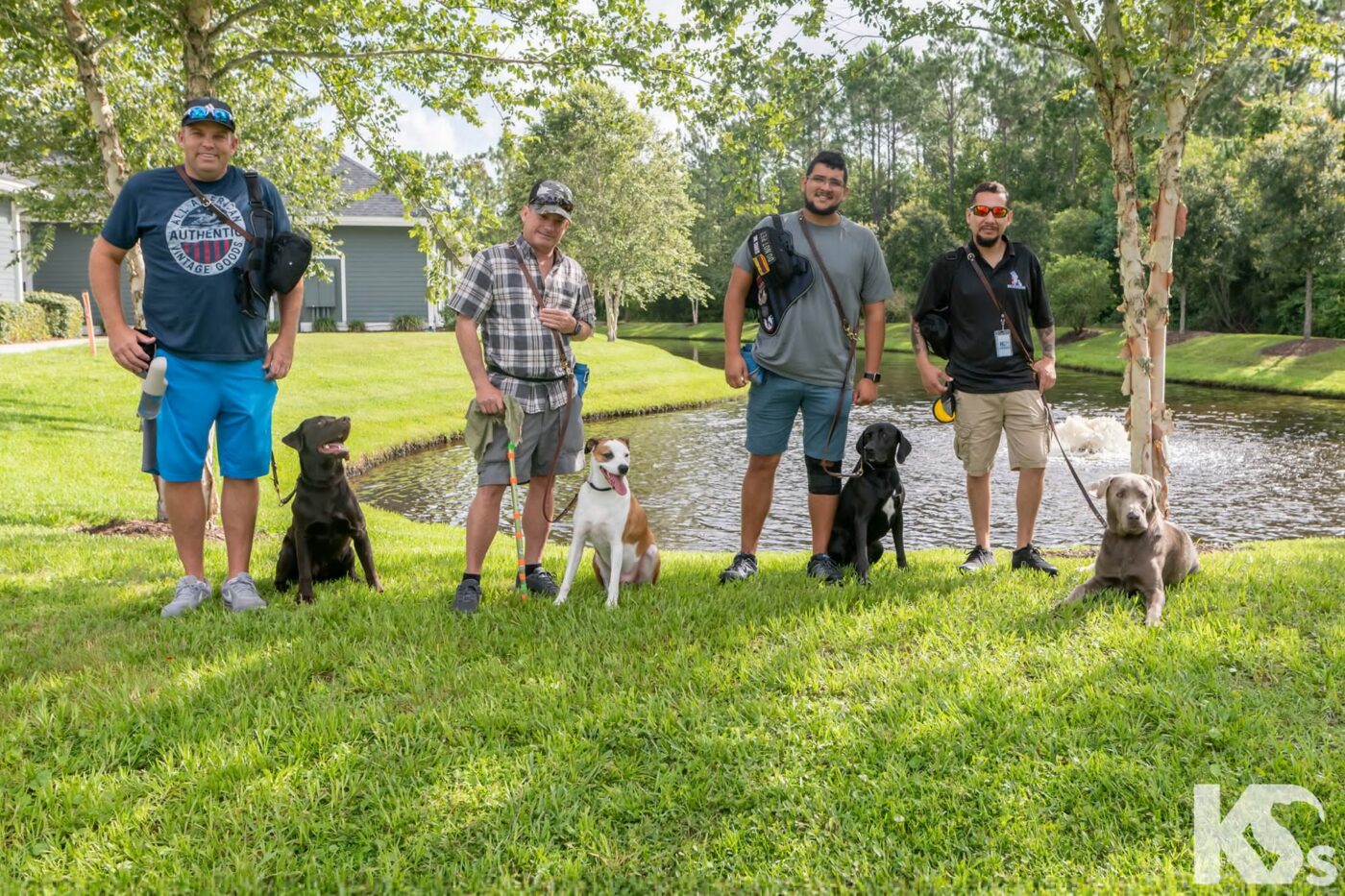 Shutterstock
Shutterstock
Training is crucial in the bond between dogs and their favorite humans. Dogs that undergo training with a specific person often develop a strong relationship based on mutual understanding and respect. Positive reinforcement during training helps establish trust and affection as dogs learn to associate their human with rewards and guidance. The more a dog and their human engage in training sessions, the more likely they are to strengthen their bond, making the trainer a favored companion.
Personality Compatibility
 Shutterstock
Shutterstock
Just like humans, dogs have unique personalities that influence their preferences in humans. Some dogs may be more laid-back and drawn to calm individuals, while others may thrive around energetic and playful companions. A dog’s personality will shape their interactions, and they will likely choose a favorite human who matches their temperament. Understanding this compatibility can enhance the relationship and lead to a more harmonious connection.
The Impact of Breed Traits
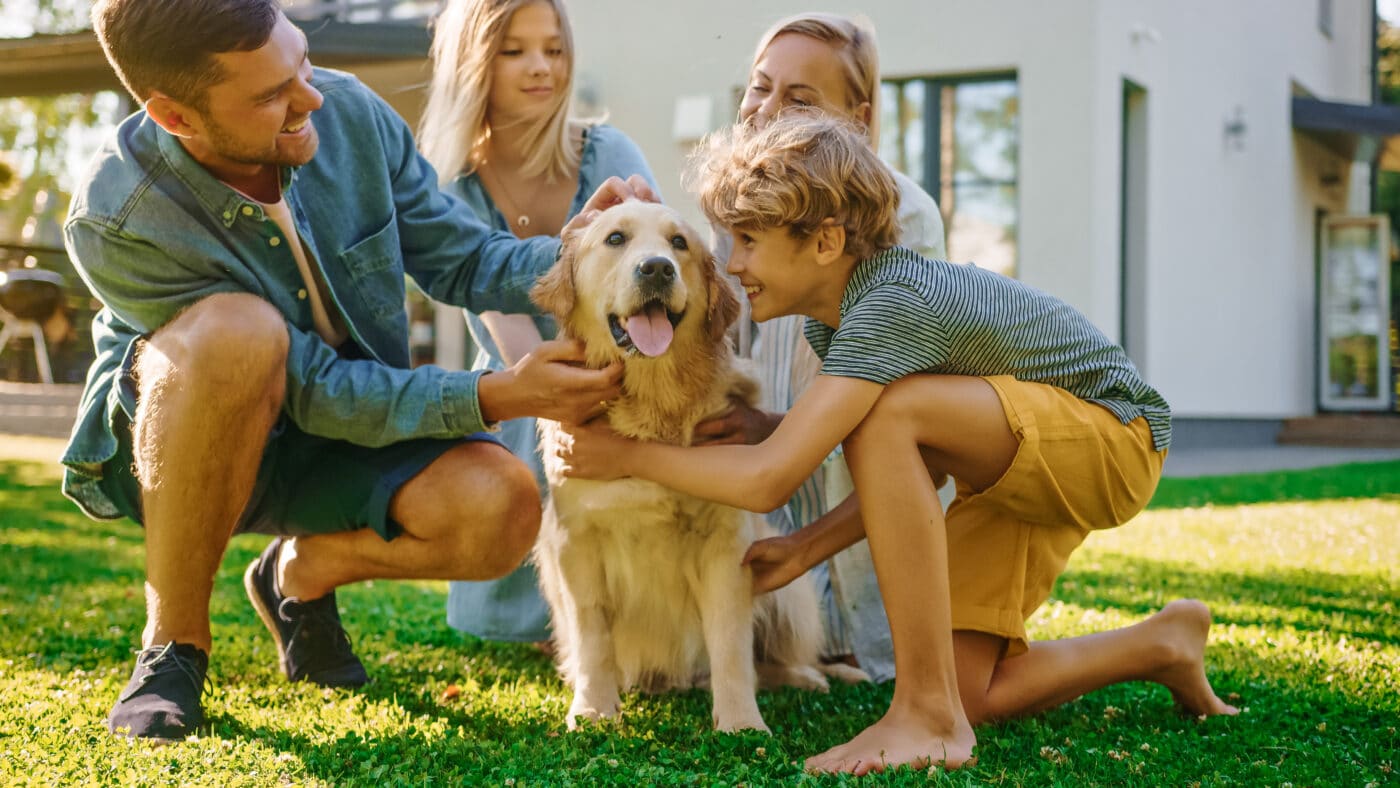 Shutterstock
Shutterstock
Certain breeds are known for their affectionate and loyal nature, which can affect their choice of favorite human. Breeds like Golden Retrievers and Labrador Retrievers are often more predisposed to form strong bonds with humans, while others may be more independent. Recognizing breed-specific traits can help owners understand their dog’s preferences and behaviors, enabling them to cultivate stronger connections. Understanding the natural tendencies of different breeds can provide valuable insights into the dog-human relationship.
The Science of Attachment
 Shutterstock
Shutterstock
Recent studies in canine psychology have shown that dogs can form attachment styles similar to humans. People have different attachment styles based on experiences, but dogs can develop secure or insecure attachments to their favorite humans. A dog with a secure attachment is likely to feel safe and loved, making them more inclined to favor their human. Understanding this psychological aspect of canine behavior can provide deeper insights into why dogs form strong bonds and how to nurture these relationships.
Wiggle Your Way To The Top
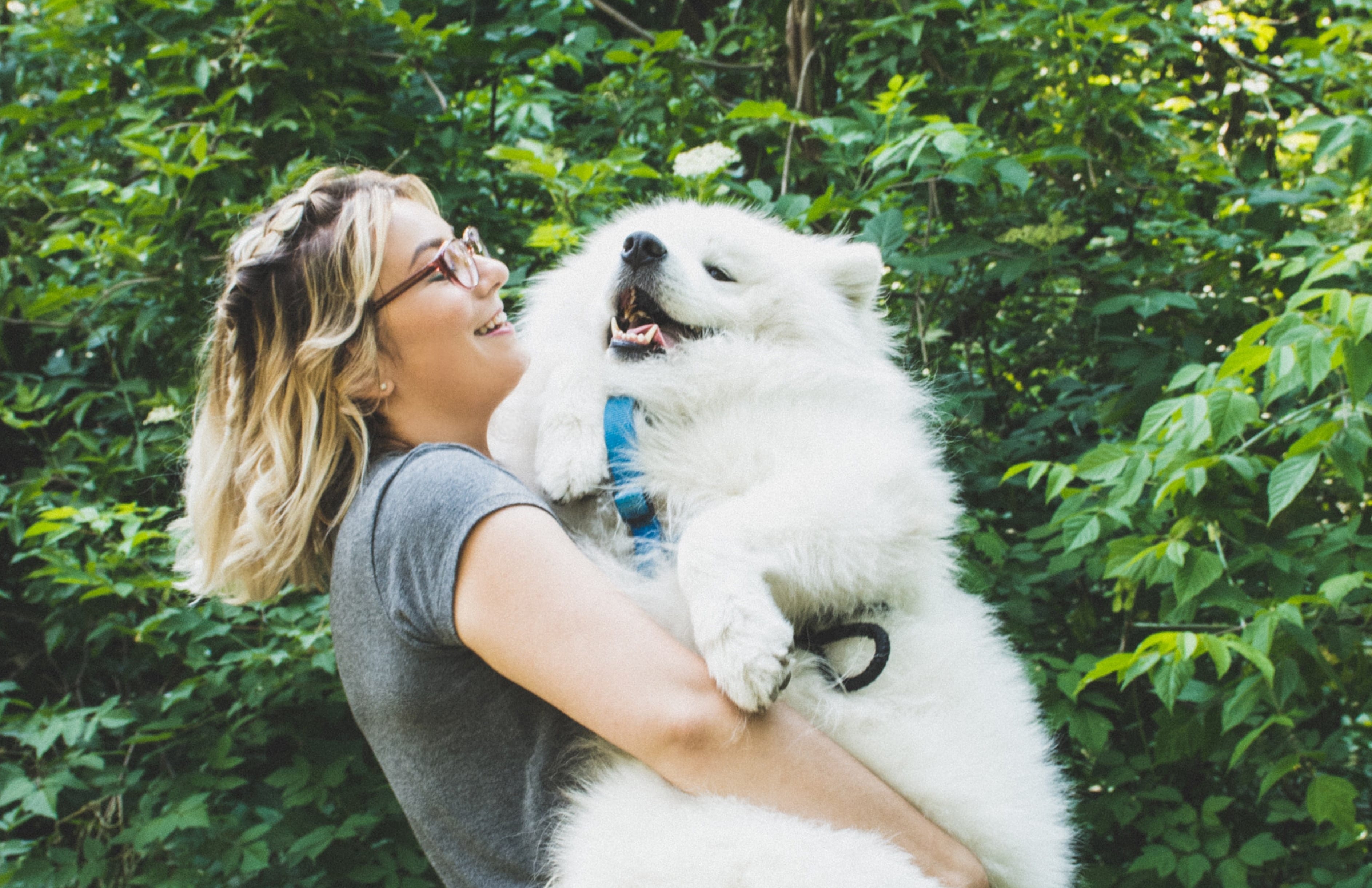 Shutterstock
Shutterstock
Dogs choose their favorite humans for various reasons, from scent recognition and emotional connections to shared experiences and training. Each dog is unique, and understanding how they select their favorites helps strengthen that bond. Whether your dog has already chosen you or you’re still vying for that top spot, a little love, attention, and playful wiggles can make a difference. Being chosen by a dog is a true honor, and who wouldn’t want to be the human that earns those affectionate wiggles?

 3 weeks ago
8
3 weeks ago
8

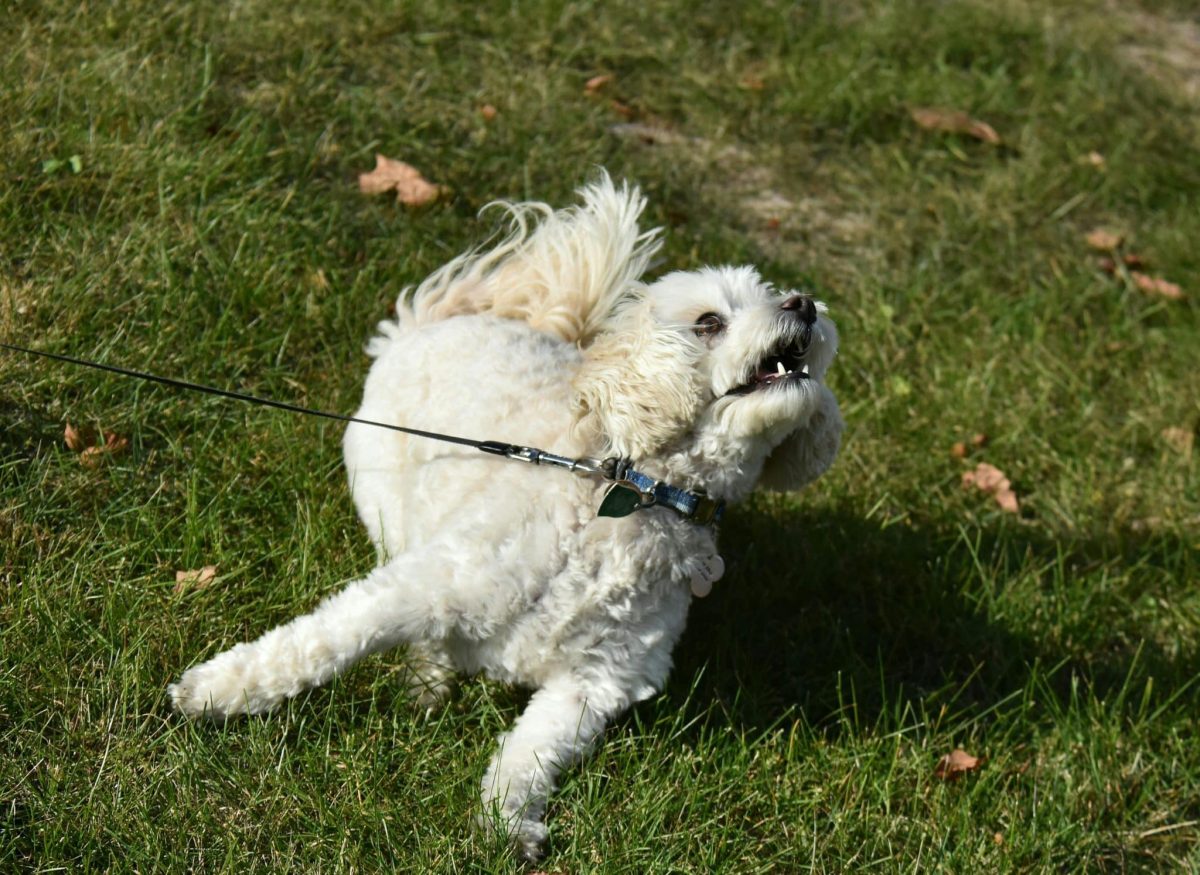
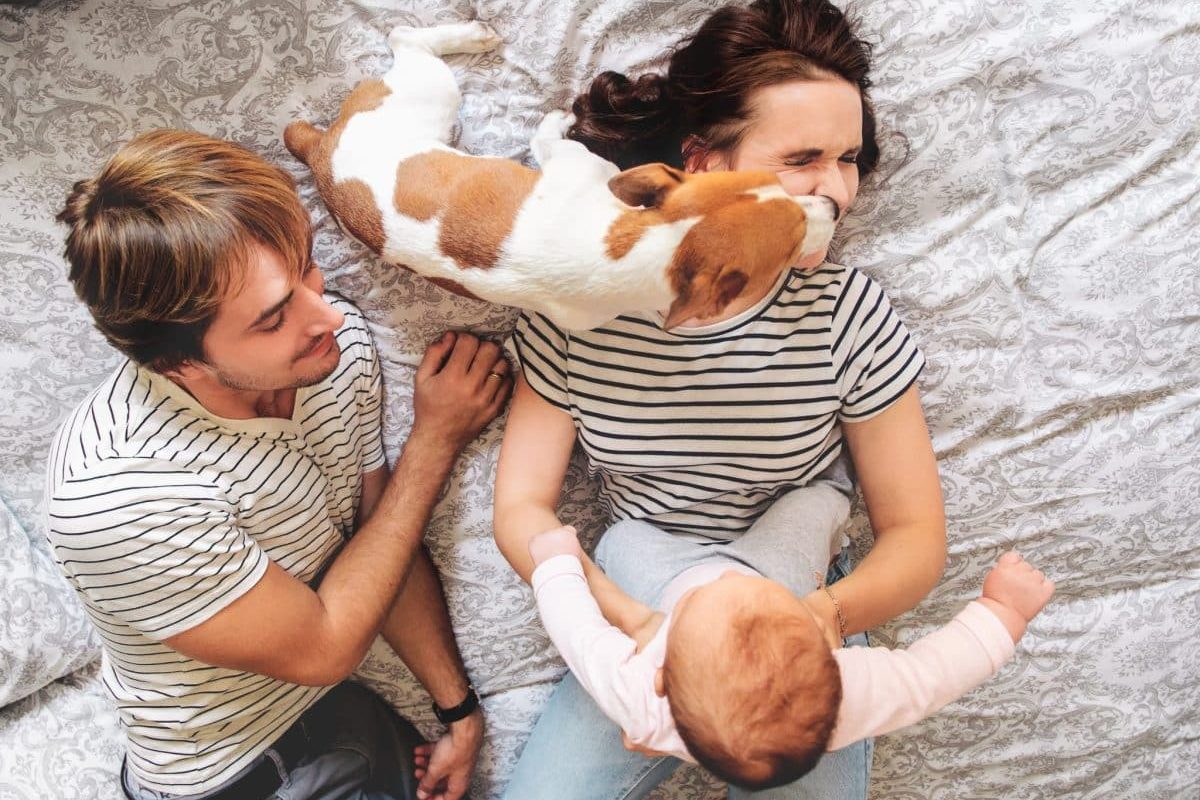
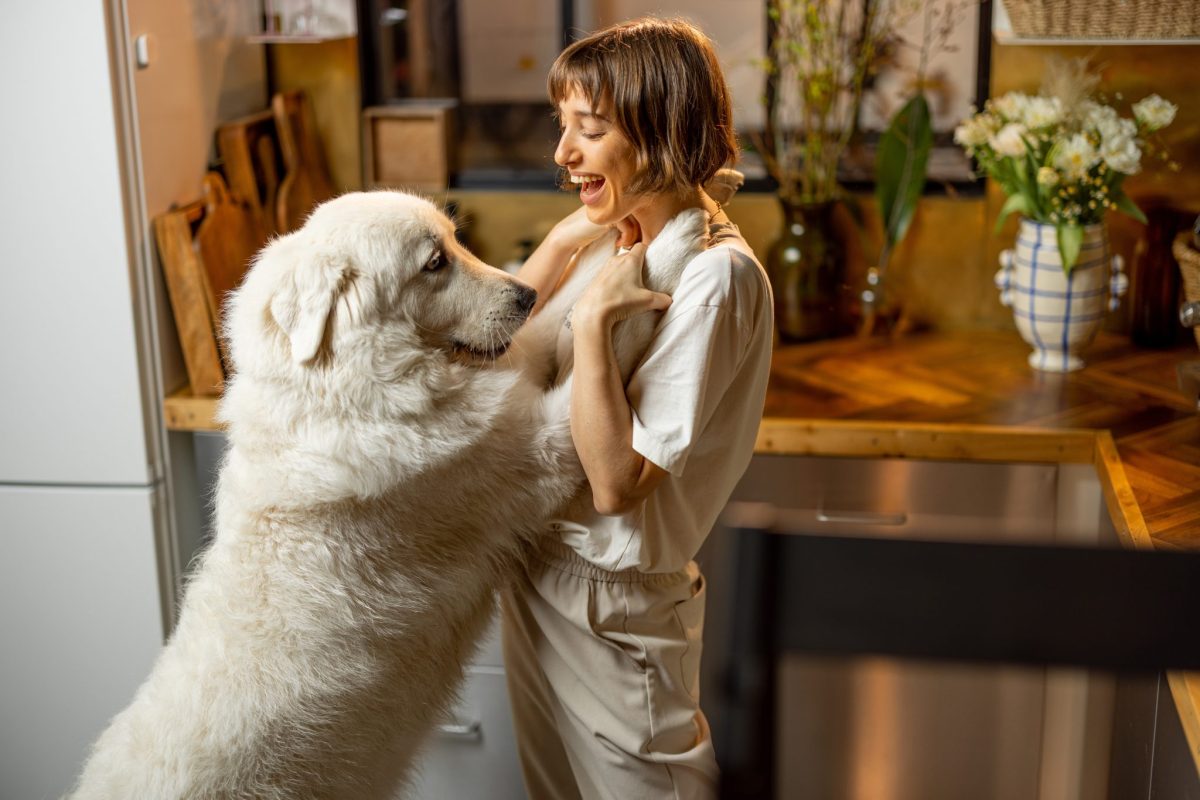
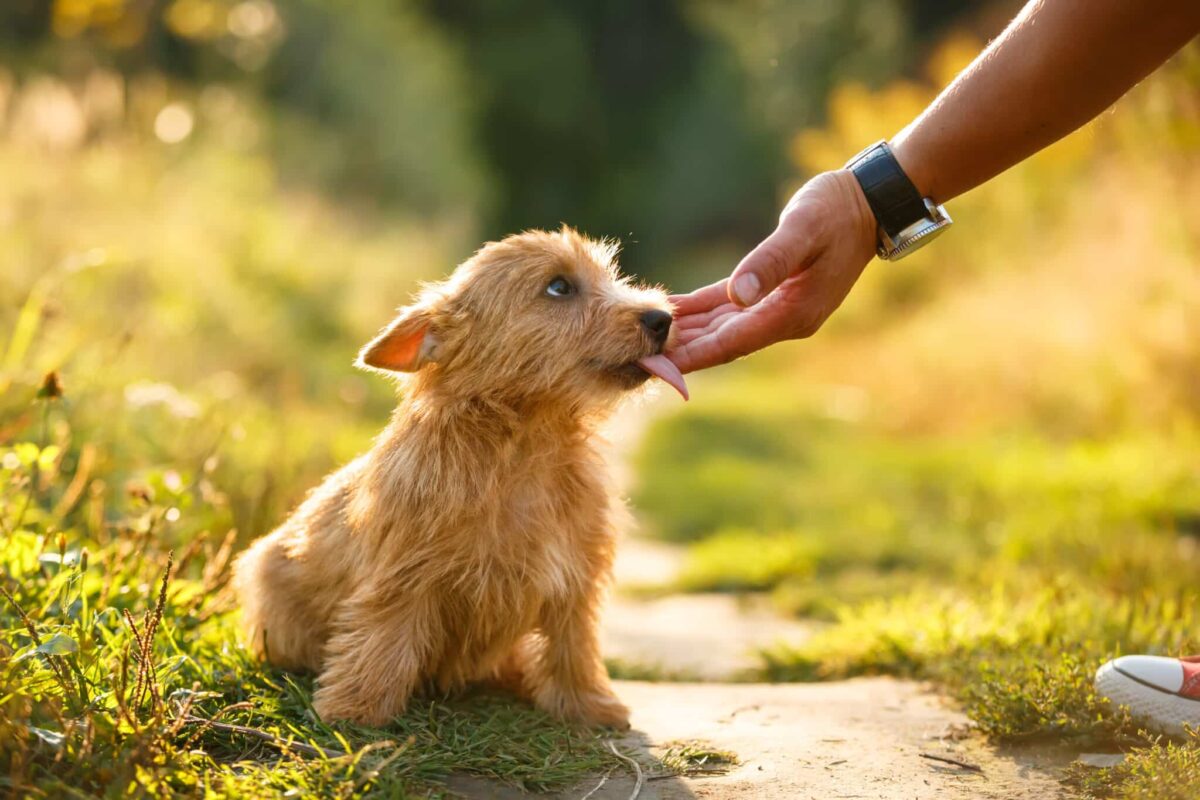
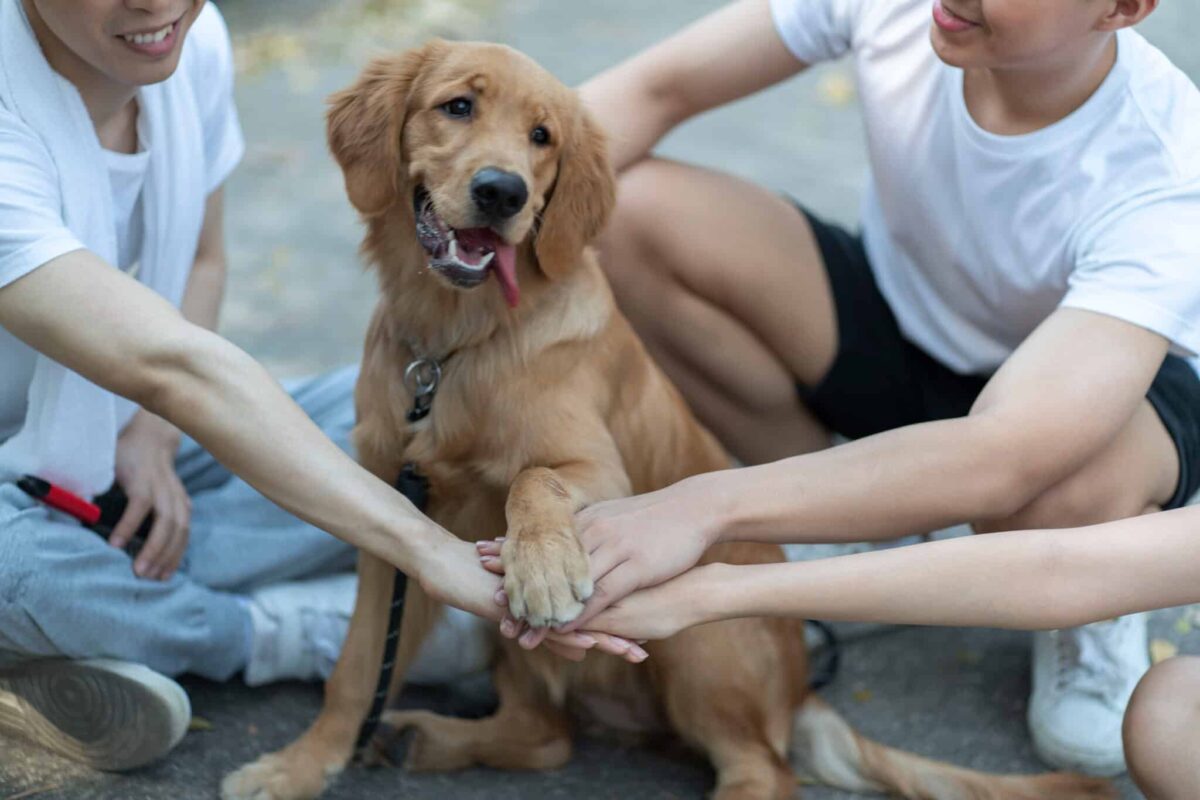
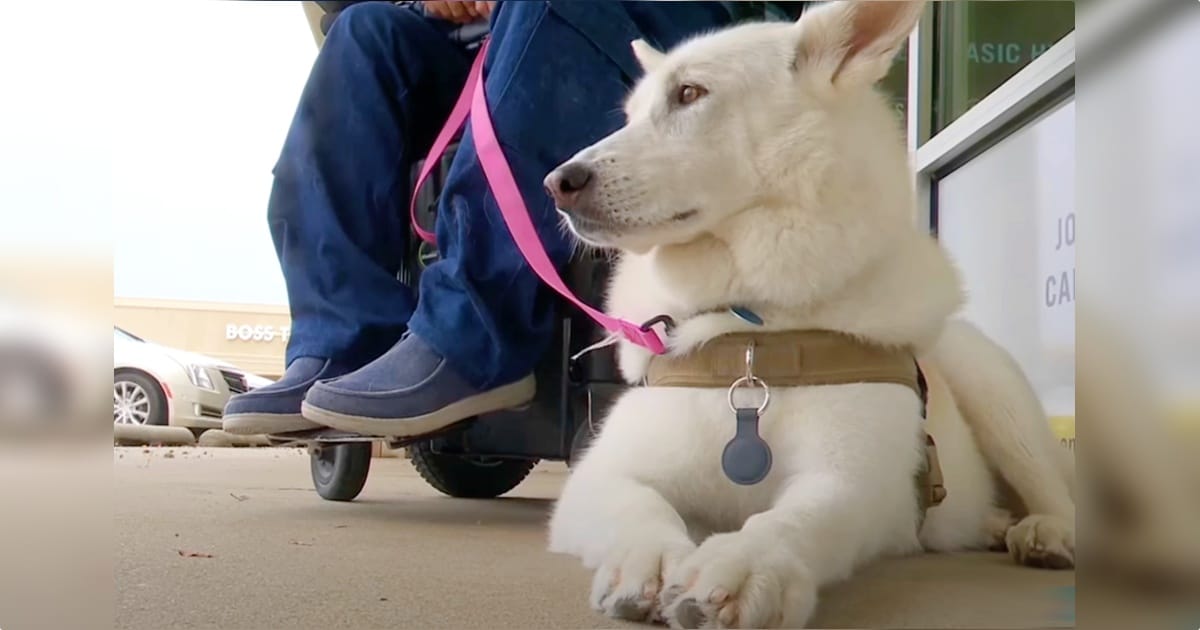
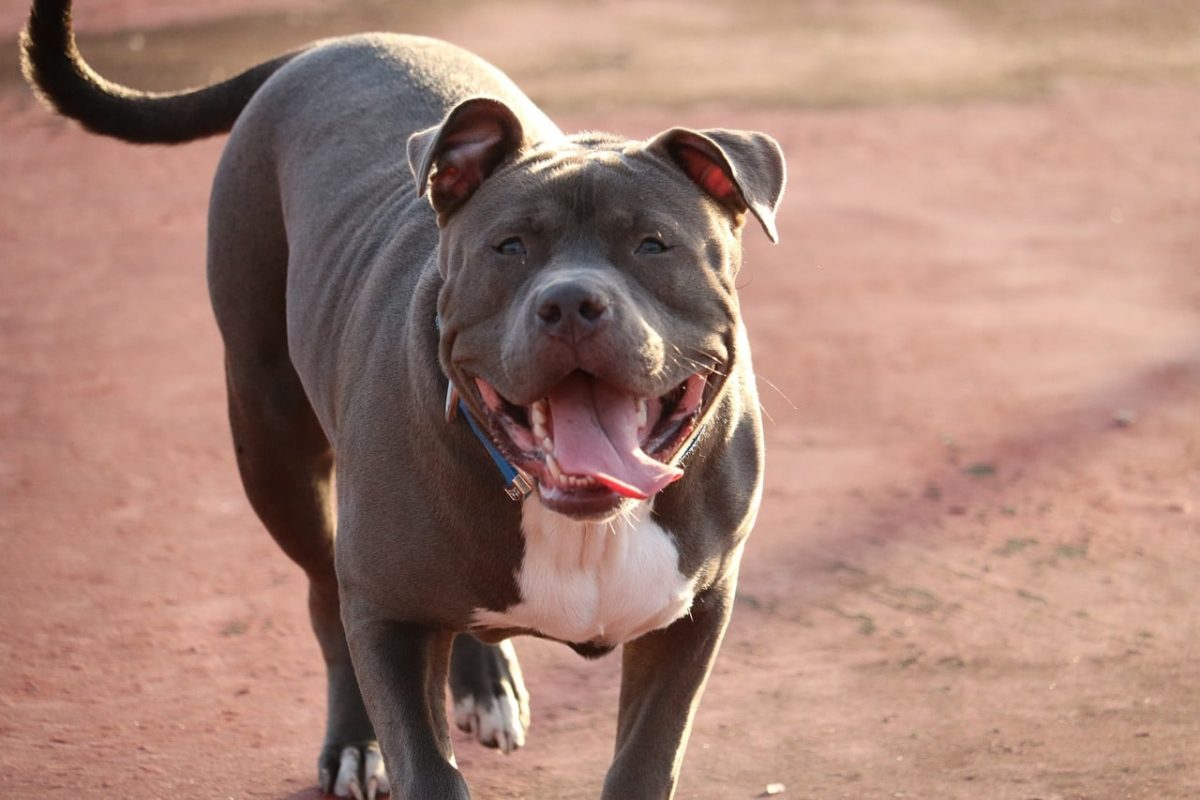
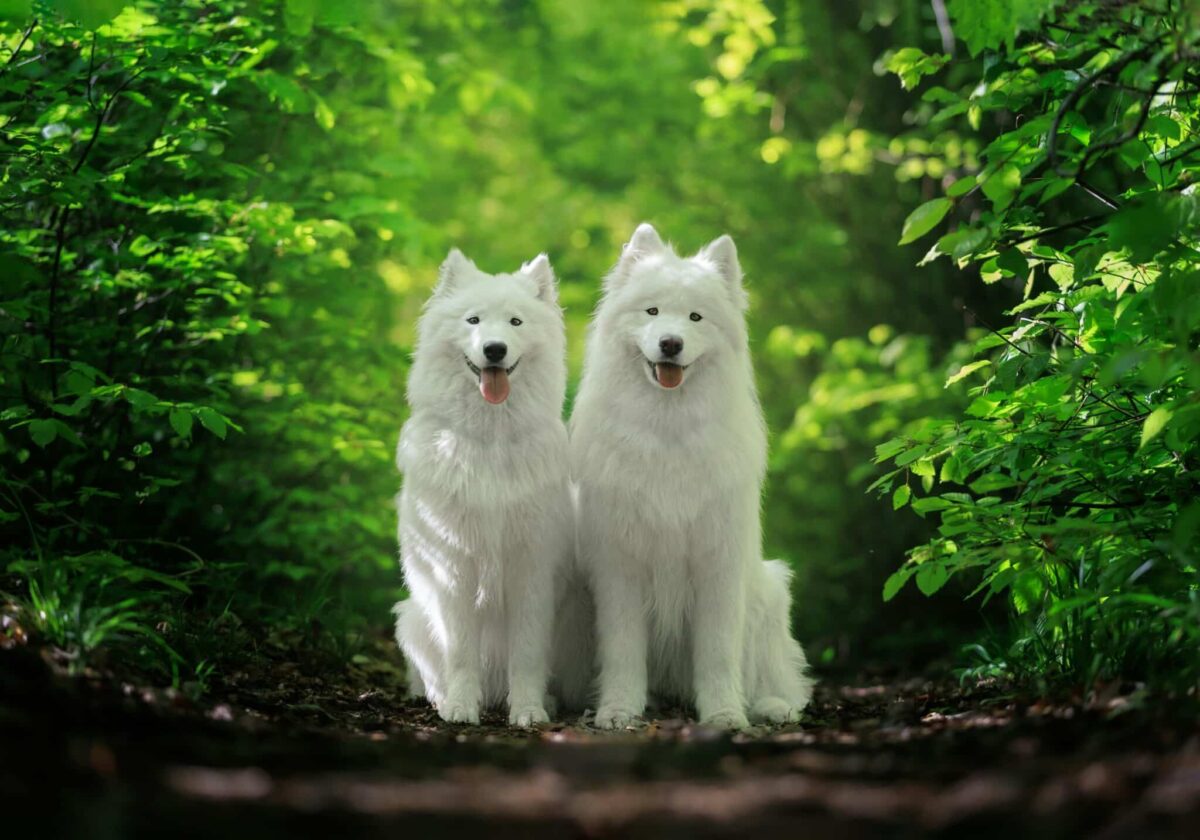
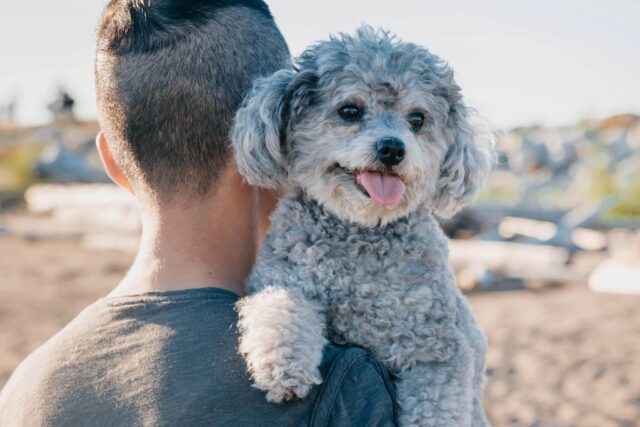
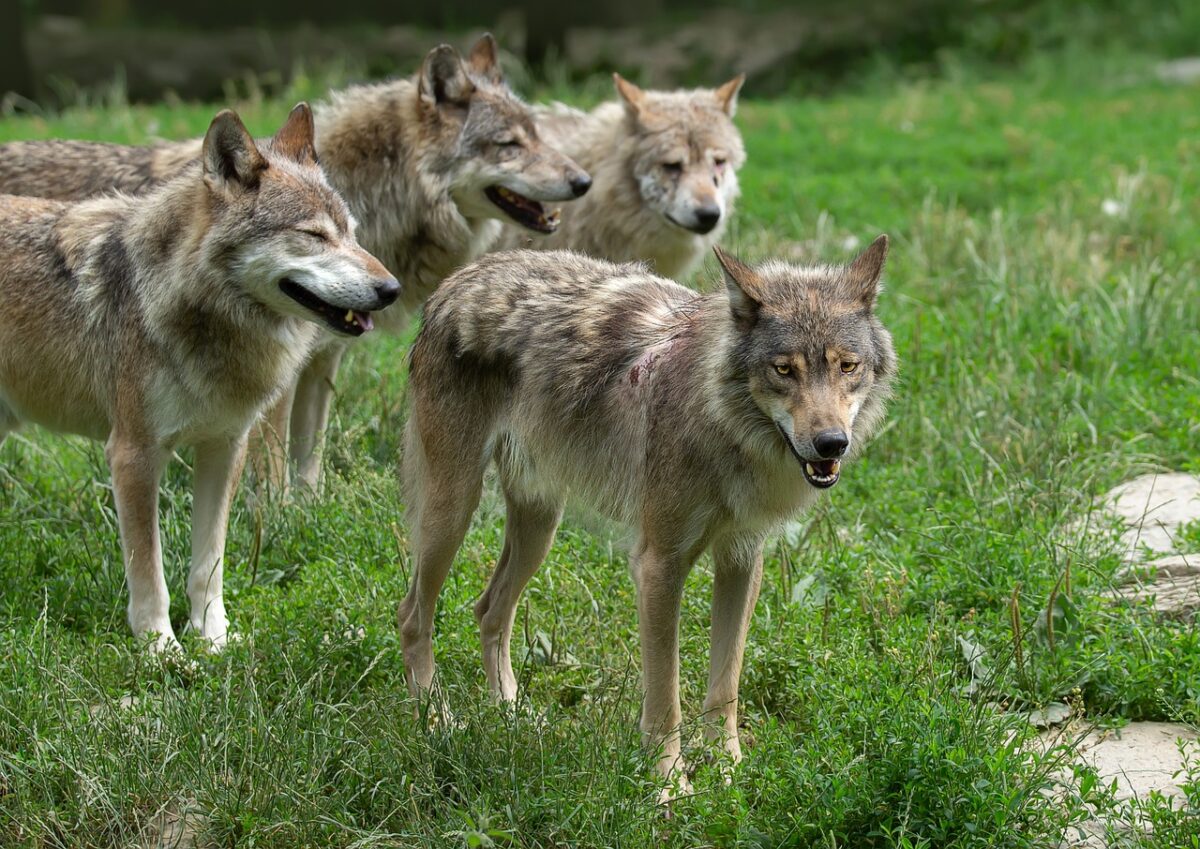
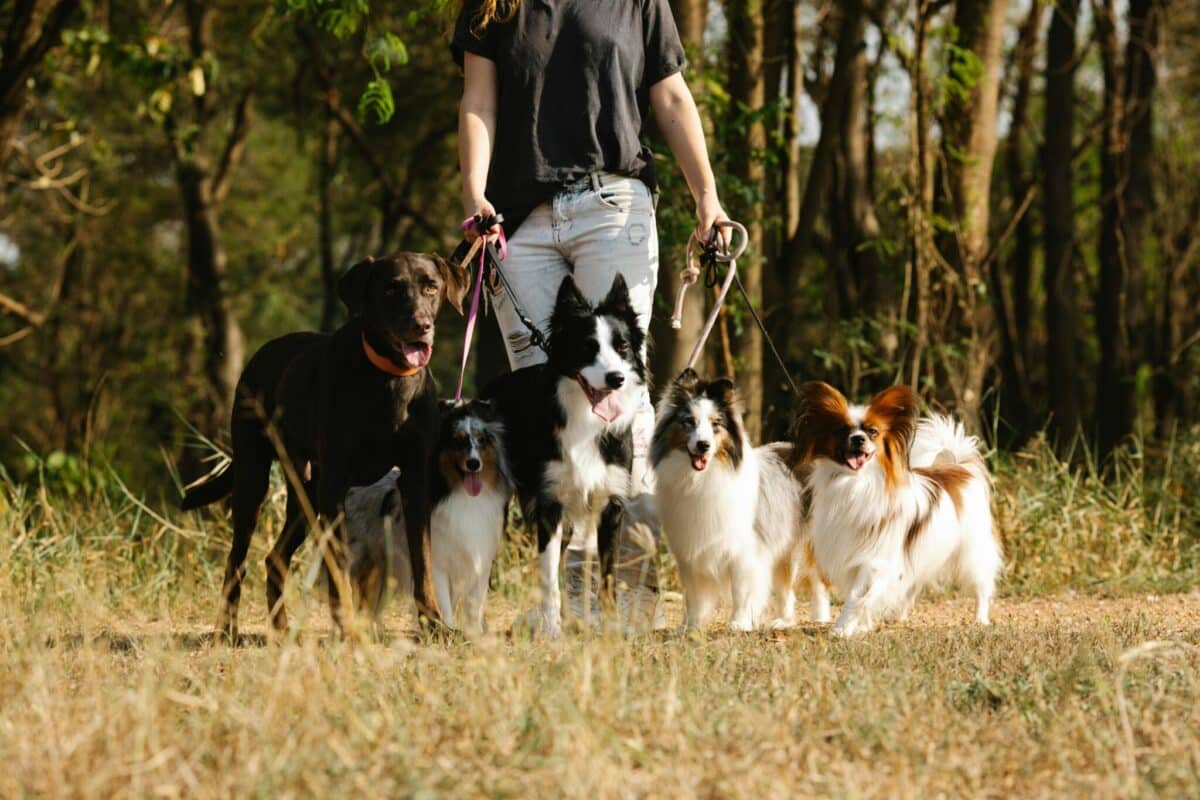
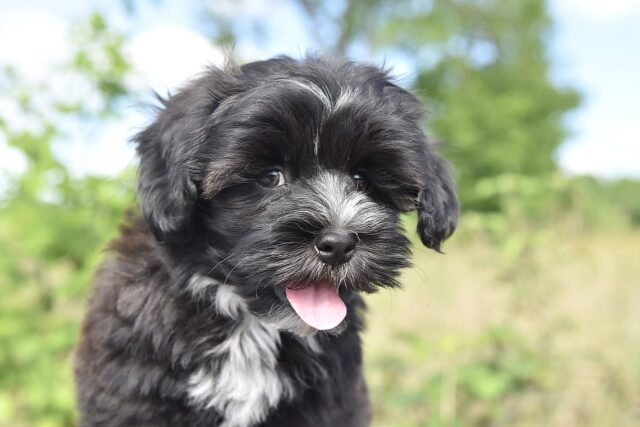
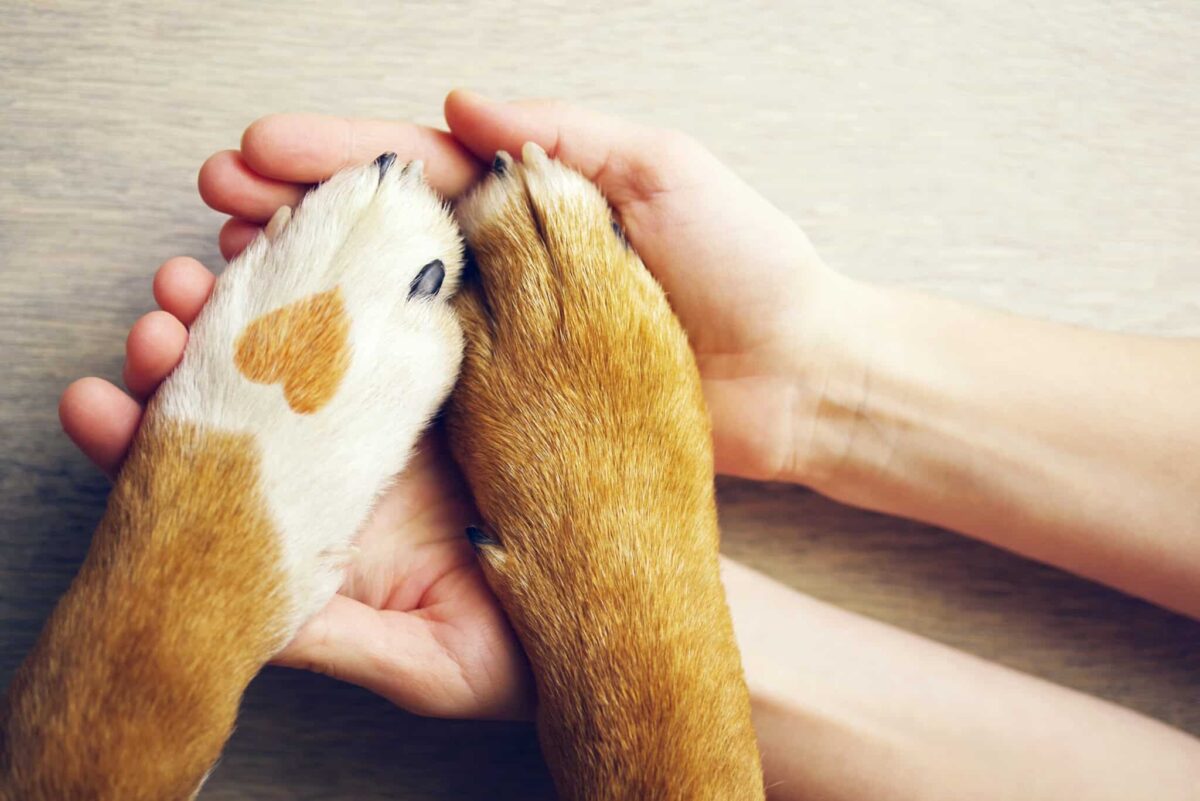

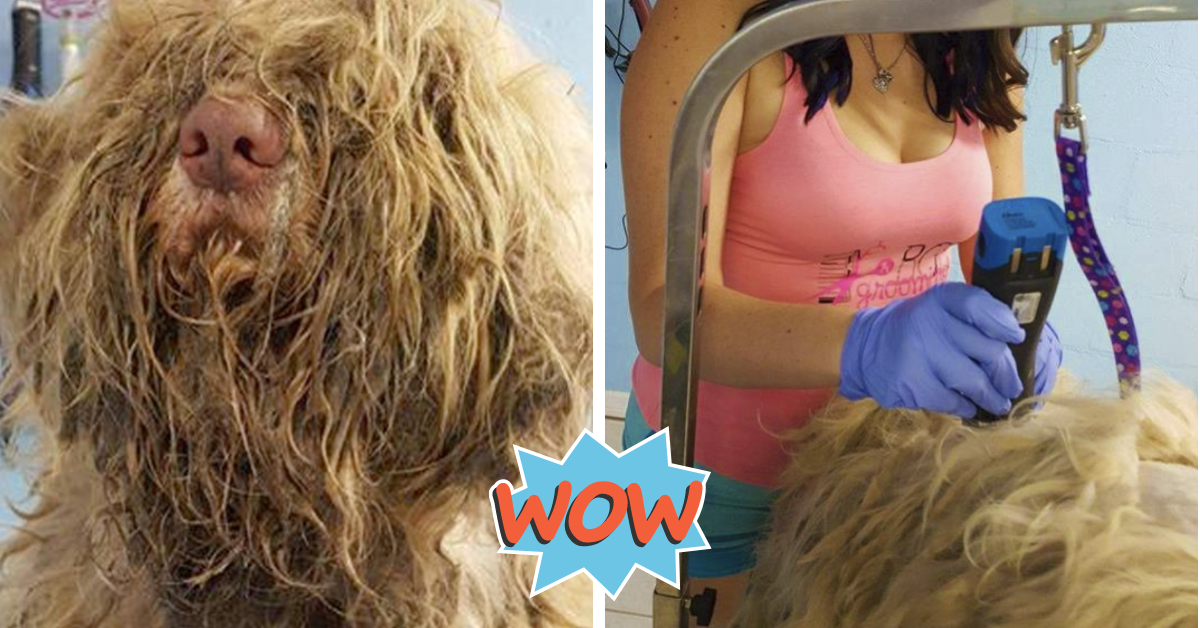
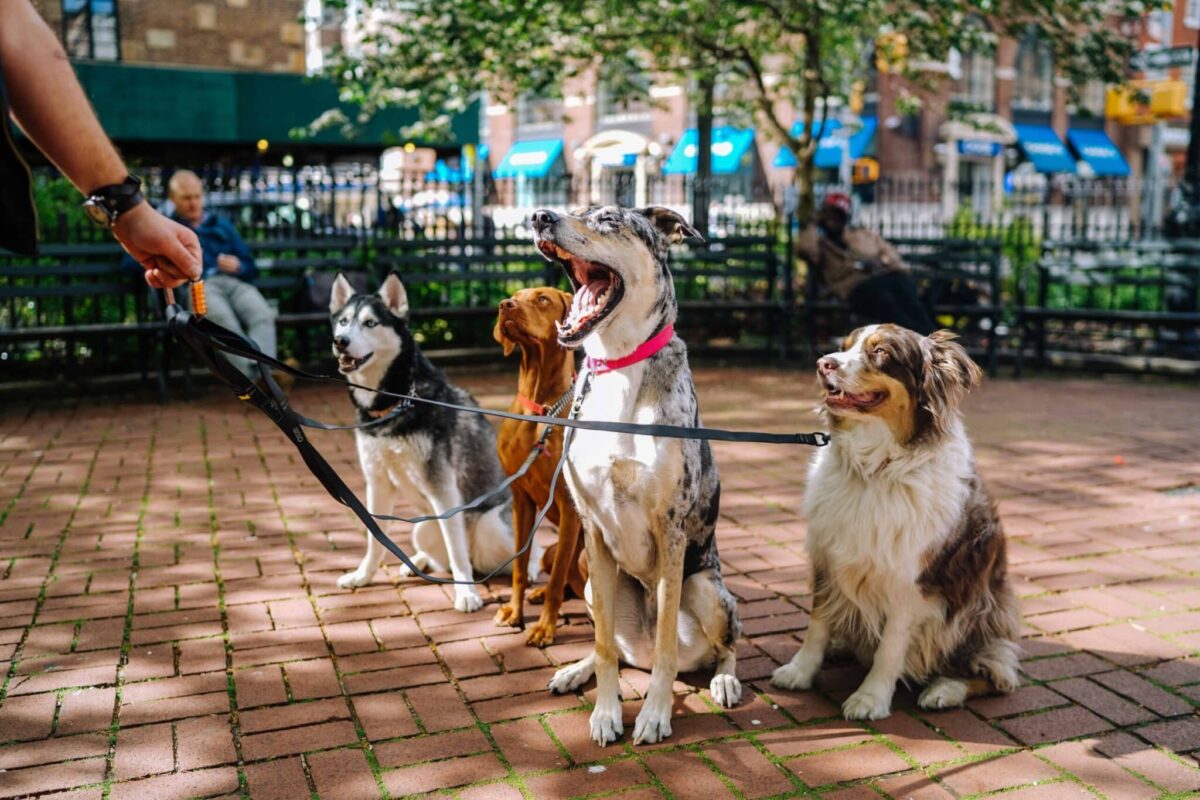
 English (US) ·
English (US) ·